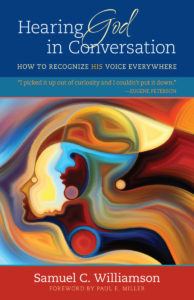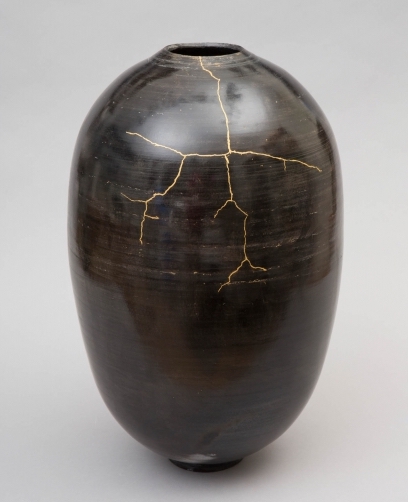I hate the presidential election season, the rhetoric, emotional responses, hushed conversations, and mud-slinging candidates. I especially hate those damned, political phone polls! Don’t worry, this is not about the election. It’s about when good Christians do bad things.

And yet, weeks after the elections, the rhetoric is still meteoric and the mudslinging has not abated. Friends of mine from both political camps willingly participate in this mud bath. And it gets nasty. Winners ooze smugness and losers dribble bitterness. We all get spattered.
And both believers and non-believers, from the right and the left, hurl slurs. Their opponents are racist or communist, uncaring or unthinking, dumb or dumber.
This absence of distinction bothered me. I had hoped Christians would handle their victory or defeat with better grace. But we didn’t. Just this morning a thought raced through my mind:
A “good” Christian knows that our atheist neighbors are often better people than us.
How Can This Make Sense?
The difference between a believer and a non-believer is not their degree of goodness but their awareness of neediness. That’s why the Pharisees hated Jesus. He didn’t applaud their virtue so much as point out their judgmentalism:
“Before you take out the speck in your brother’s eye, get rid of the log in your own.”
Jesus came for the sick, not to the well. (Not that the well are as healthy as we or they think; it’s just that the sick know they are sick, and go to the doctor.) We become “good” Christians only when we admit we are not good.
Christianity begins with the need to recognize our neediness. It probably ends there too.
But Aren’t Christians Supposed to be Moral?
Each of us have natural virtues whether we are “converted” or not. Even years after your conversion, your naturally gentle (and atheist) sister may still be gentler than you. What comes effortlessly to her seems impossible to you. Because it is impossible for you. Without God.
Yes, let’s work to be more gracious and honest, but we need outside help.
Jesus says, “God’s kingdom is like seed thrown on a field by a man who then goes to bed and forgets about it. The seed sprouts and grows—he has no idea how it happens. It grows without his help: first a green stem of grass, then a bud, then the ripened grain” (Mark 4:26-28 MSG).
In many areas of our lives, maybe only our stem is showing.
So What is the Value of Being a Believer?
The seed that is growing up in us is God himself. Not just “good deeds,” nor just “wisdom,” but the literal life of God. “The Word became flesh and dwelt among us;” That is, God himself makes his home in our hearts. He lives there.
We have all seen it. In a surprising moment, we are unusually patient, and we say, “I wasn’t expecting that!” The very life of God is at work in us.
It is God’s indwelling that makes all the difference. We grow in intimacy with him, we hear his voice, we participate in the divine dialogue. And something inside us changes. His life is growing.
Bit by bit. A stem. Then a bud. And then a bushel of fruit. We find ourselves inexplicably generous. Was that really me? We are hold our tongues when we would normally speak without thinking. We are shocked with delight. (Our neighbors appreciate it as well.)
It all begins with hearing God’s voice in our lives. Of course, it helps to cooperate with his growth. You’ll be happier, as will your family, friends, and neighbors.
If you don’t believe me, we could take a poll.
Sam
P. S. For the Christmas season, the price for Hearing God in Conversation has been reduced to $11.35 (down from $14.99).
been reduced to $11.35 (down from $14.99).
It is written to help all of us know God more deeply, to nurture the life of God growing up inside.



Leave a Reply